"Sleep, those little slices of death -- how I loathe them," wrote Edgar Allen Poe, who was no fan of bedtime. But love it or hate it, sleep is essential, and something like 35% of us don't get nearly enough. Seven hours should be a minimum to stay healthy and wise. One solution: Take a break from your electronics. Make time in the evening to read a book, take a hot bath, or meditate--just turn off your cellphone first. That tweet can wait until the morning.
Before Night Falls, Prepare
Do you get too little sleep? If so, you're not alone. The CDC says 35% of adults in the U.S. don't get the recommended seven hours or more per night.
Maybe you're out every night at an after-hours club, but more likely you're trying to squeeze in just one more episode of Stranger Things. Whatever the reason, getting too little sleep is a problem--and not just because it makes you a chore to be around. It leads to lowered immune function, elevated depression and anxiety levels, and memory problems, says Dr. Michael Breus, clinical psychologist and sleep specialist.
It'll also make you heavy! Tired people exercise less and make poor food choices. Well, then it's time to hit the hay.
Technology can be both a help and a hindrance in this area, says sleep researcher Dr. Els van der Helm. "One way in which it's hurting our sleep is through the rise of smartphones that allow us to be connected 24/7 with the world around us," she says. Turn your phone off an hour before bedtime, and absolutely never check messages in bed. Doing so raises your dopamine and adrenaline levels.
But technology can also come to the rescue. Van der Helm recommends mattresses that adjust their temperature and sleep coaching apps. Breus likes the SleepScore Max tracking device, which he says is more accurate than the others.
Get the right amount of sleep each night and you can break up with your rude alarm clock and wake up naturally. Train yourself to sleep on a strict schedule every day (even weekends) and wake just before your alarm. Getting in the rhythm, Breus says, should take about two weeks.
If you snooze, you won't lose: Ten top tips to sleep like a log
The more sleep you get the healthier you are -- fewer colds, more energy, less stress. But give up on the Ambien -- sedated sleep is not a cure, say scientists.
1. Avoid caffeine and alcohol before bed.
2. Set a time for switching off all electronic stimulants -- computers, phones, the TV--and try to read or listen to music instead.
3. Keep a sleep diary, noting the time you go to bed and the hour you rise, and how you feel each morning. If you woke up in the night, write that down, too.
4. In the morning, coffee is not enough, you must also eat breakfast. It's how you sync up with the day.
5. Avoid alarm clocks. The best alarm clock is internal. And whatever you do, kill the snooze button. It's jarring and downright wrong to be shocked awake every five minutes.
6. A warm shower or hot bath can aid sleep, but give yourself an hour-and-a-half before bed to feel the full benefit--the body needs to be in cool-down mode when you hit the sack.
7. No late-night snacking. Put the cheese away -- and avoid milk chocolate, which contains caffeine (though dark chocolate also contains serotonin, a neurotransmitter that can help you relax).
8. Turn down the heating. The cooler the room the more likely you are to sleep like a baby.
9. A messy bed can be distracting. Remake your bed each morning, and use good quality sheets and pillows. We're fans of Brooklinen's super-soft twill cotton sheets--they breathe well, so you won't be sleeping hot. Brooklinen.com
10. Cuddle up with someone--just ask their permission first.
Apply some tech to your ZZZZS
Need help getting your daily zzz's? Mom swears by a glass of white wine, but we like the high-tech approach
Nox Music
Calm your agitated brain with soothing lights and sounds. That's the promise of Nox Music, a combination reading light, speaker, and alarm clock that tracks your sleep schedule (with the help of a free app) and sends you off to dreamland in a calm state of mind. When it's time to rise, Nox's lights and sounds wake you just as gently. The company will soon launch a new version called Nox Aroma that adds aromatherapy to the mix. ($149, SleepAce.com)
EarlySense Live
Just how restful are your resting hours? While there are plenty of sleep trackers on the market, many need to be clipped to your PJs or worn like a bracelet, and they need to be charged. EarlySense avoids these hassles with a sensor that tucks under your mattress. It measures your heart and breathing rates, as well as stress level. There's nothing to wear or forget, and the sensor beams customized sleep tips to your phone via a free app. ($199, EarlySense.com)
Sleep Number 360 Smart Bed
While you drift off this bed stays on duty, and its mission is adjusting for your comfort. For the creme de la creme of sleep tech, cuddle up with the 360 Smart Bed. Here the tracker is built inside the bed, and the mattress adjusts as each sleeper changes positions during the night. It warms your feet so you'll fall asleep faster, raises your head if you (or your partner) snore, and wakes you when you're in the lightest stage of sleep. (starting at $2,799, SleepNumber.com)
Shleep
Dr. Els van der Helm is an engaging sleep researcher who's taught the science of sleep to business leaders around the globe. With her new Shleep app (available for iOS and Android) she puts a personalized sleep coach in the palm of your hand. Using cartoon sheep, the app learns your habits and instructs you on natural ways to get the rest you need. Included quizzes and challenges make developing healthy habits a stress-free experience. (ShleepBetter.com)
SleepScore Max
While the SleepScore Max looks like a speaker sitting on your nightstand, there's a lot of sensory technology hiding inside. This device tracks your sleep using an echolocation-like system, and monitors breathing, respiration, and room temperature as well. When used with a mobile app, it creates a custom plan that not only reports how long it took you to fall asleep, but gives advice on how to improve your sleeping conditions going forward. ($150, SleepScore.com)


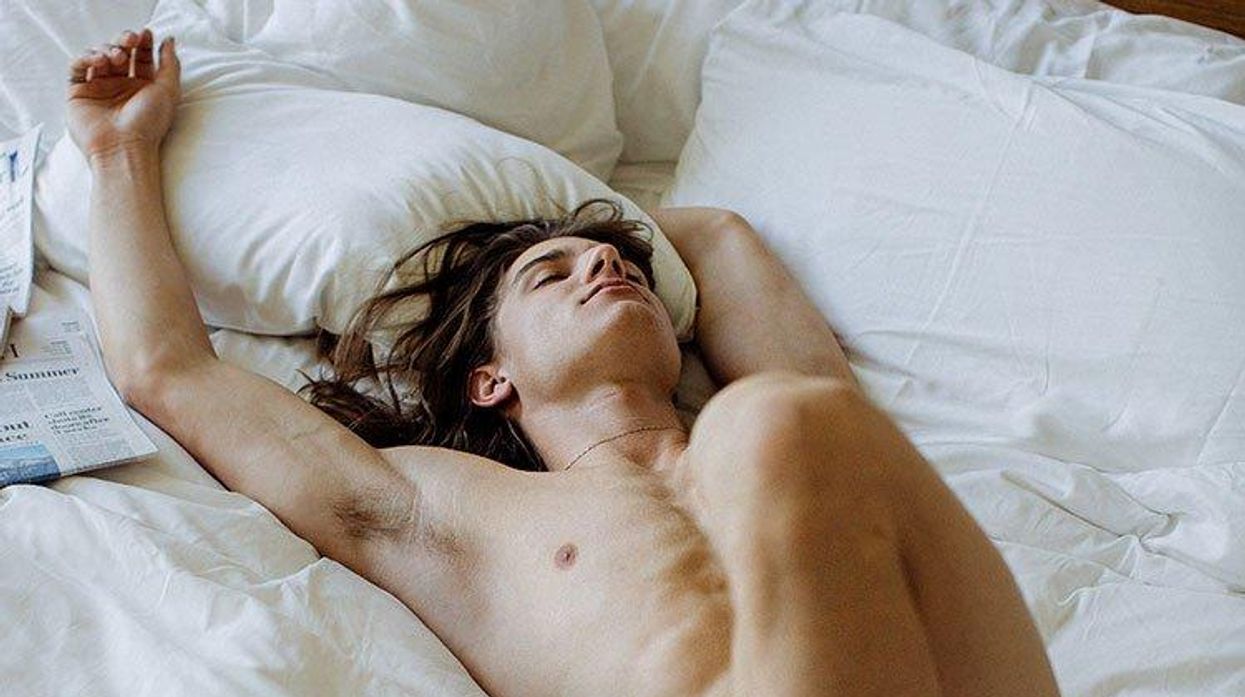
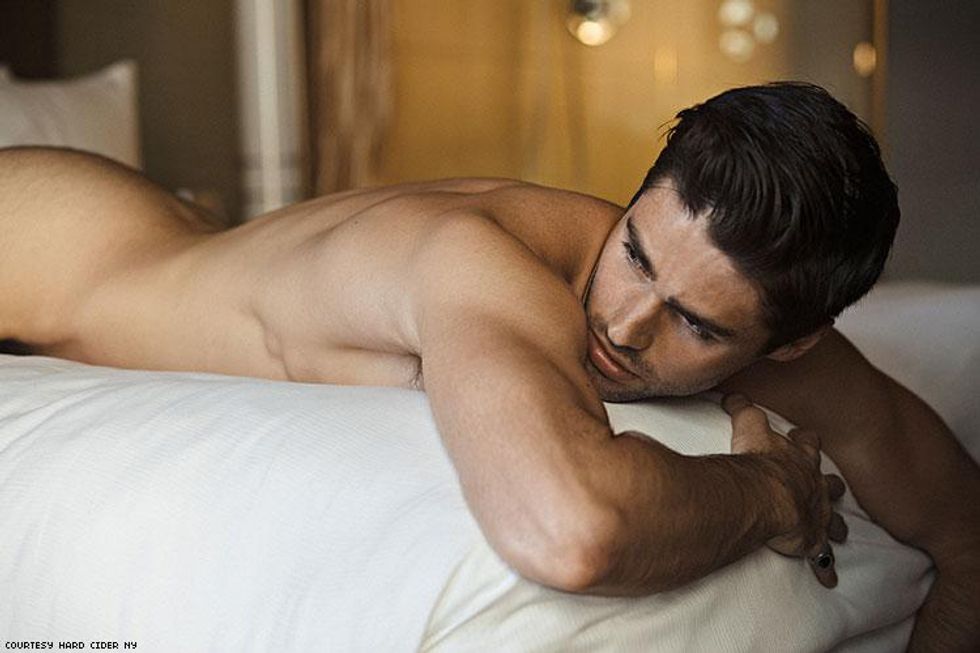
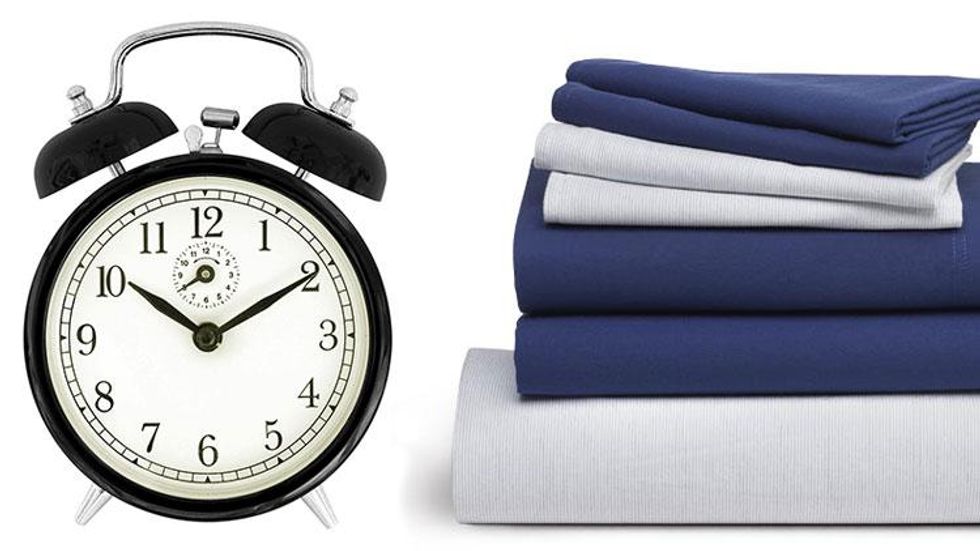
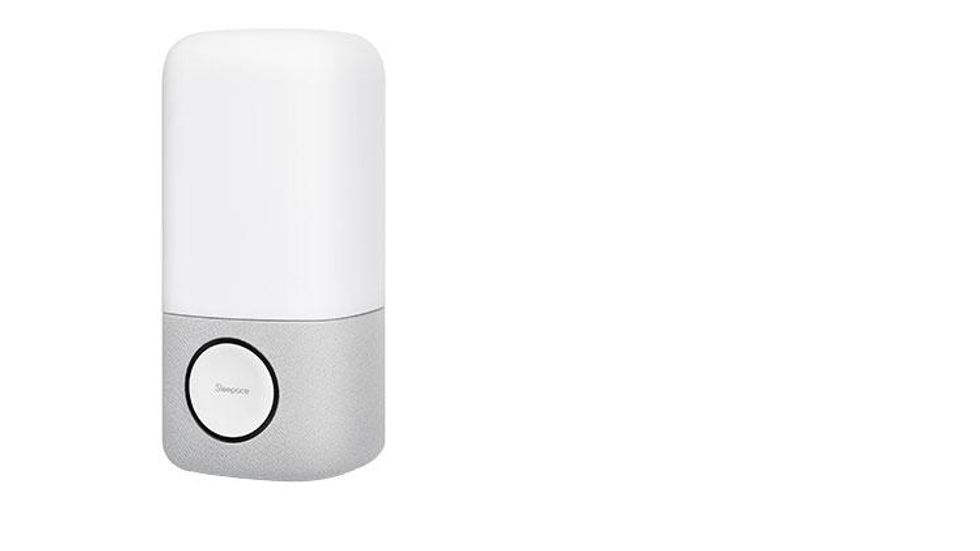
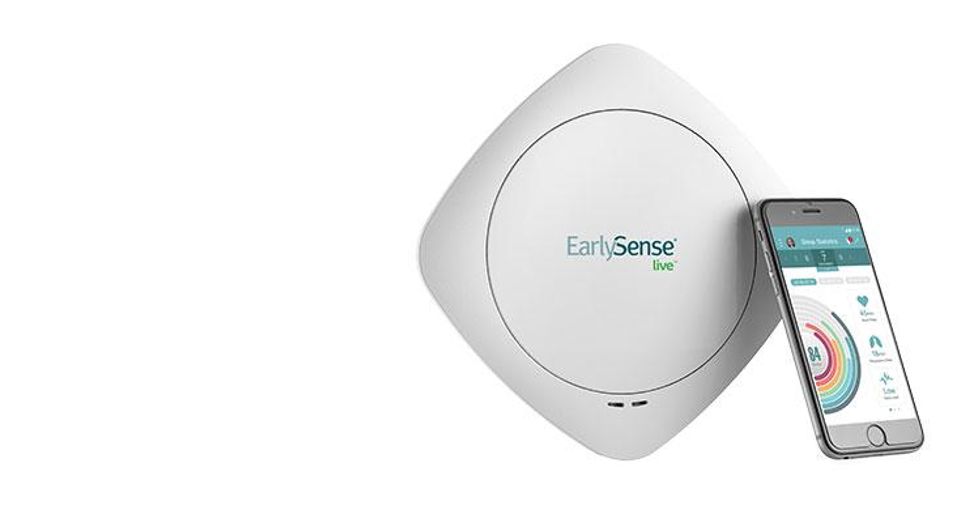
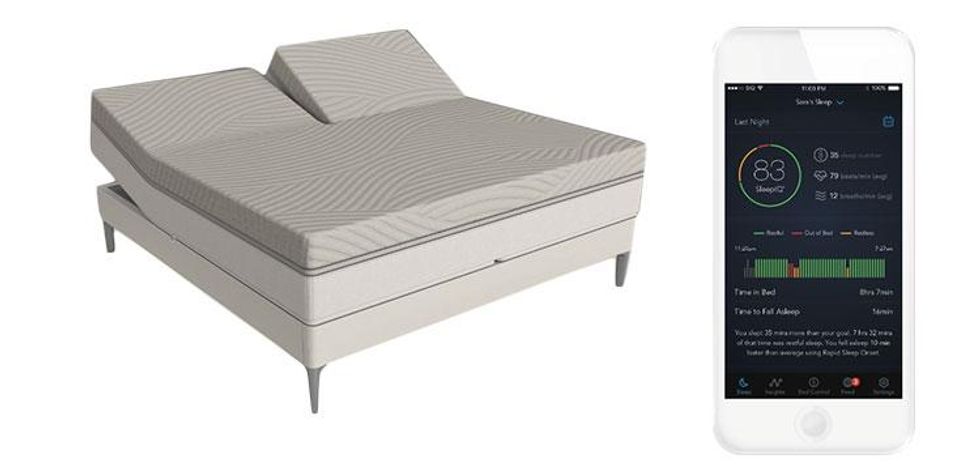
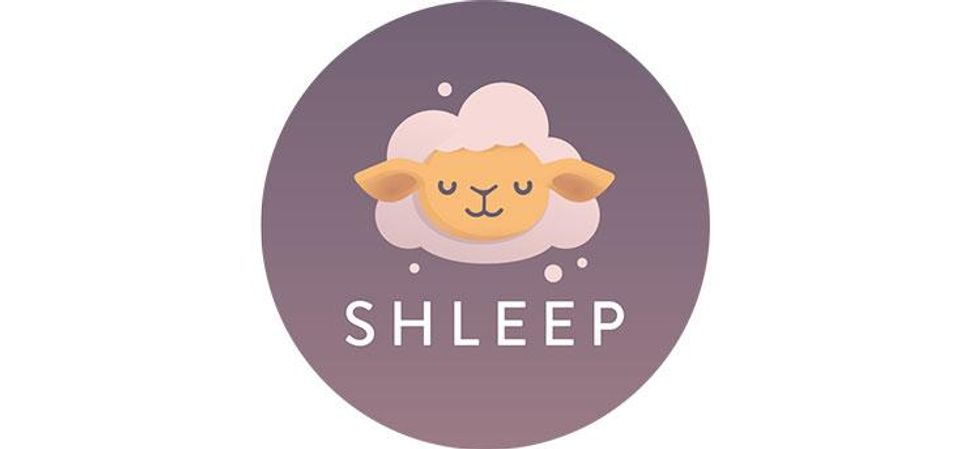
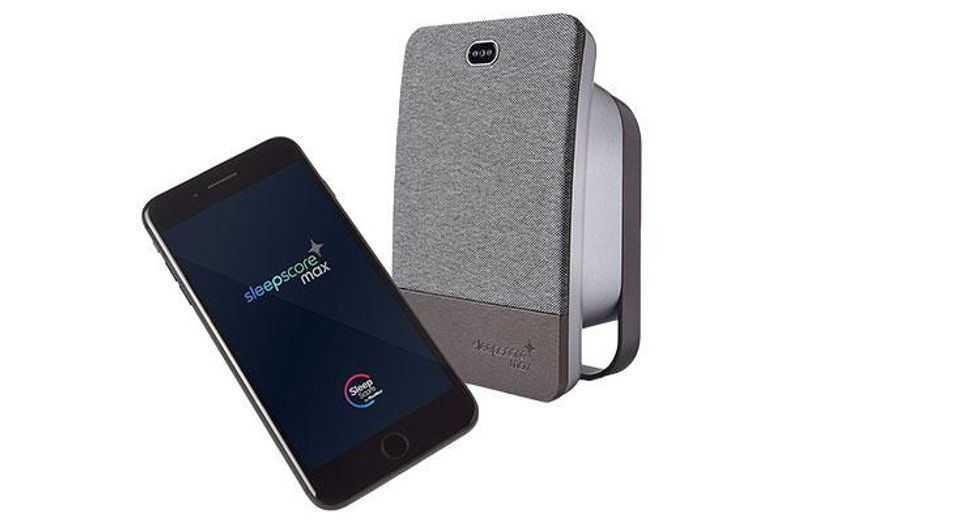
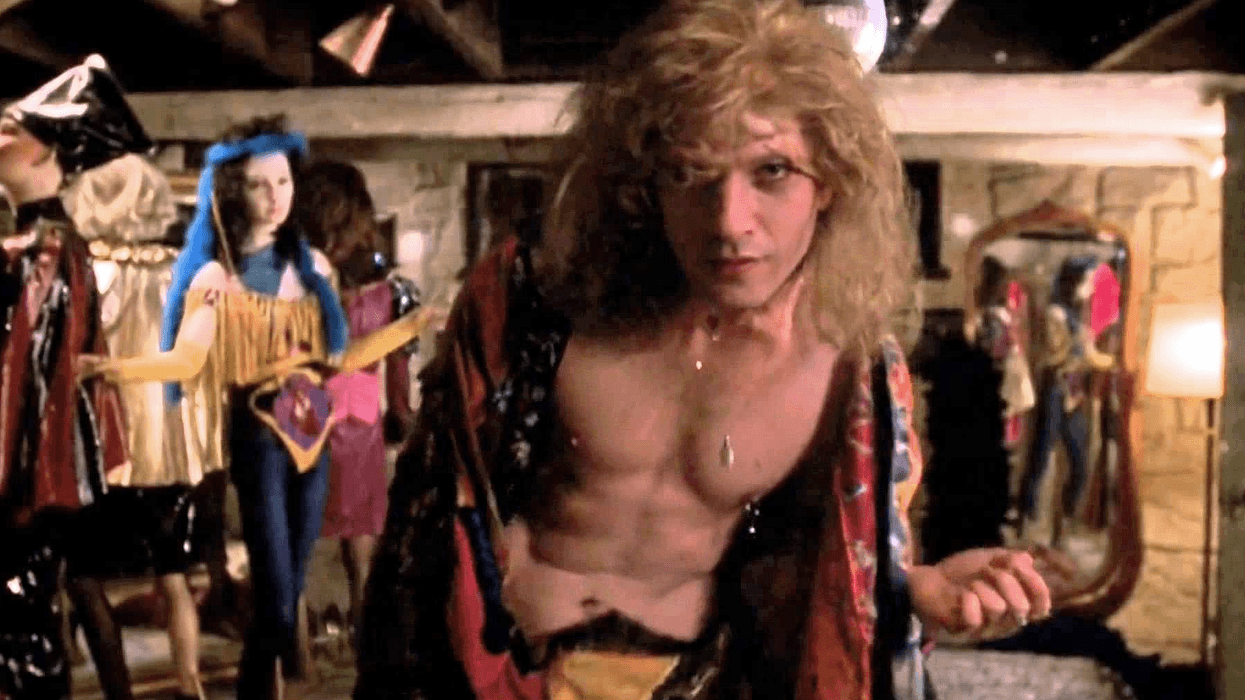





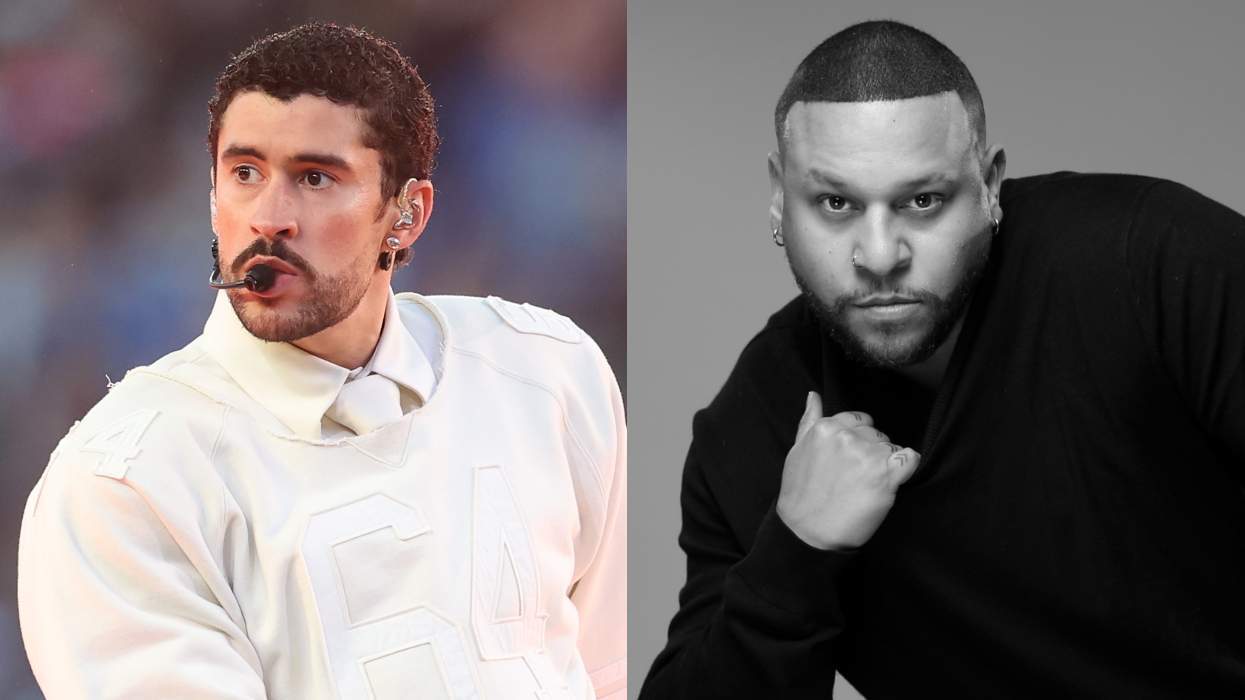
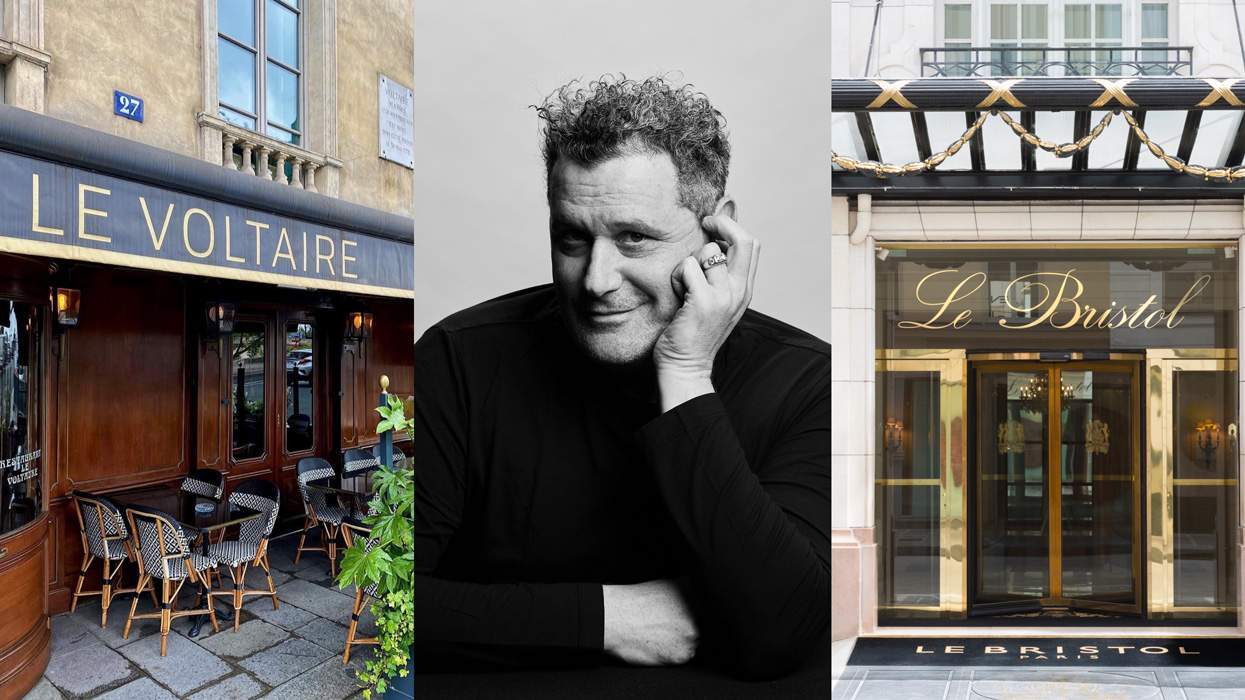

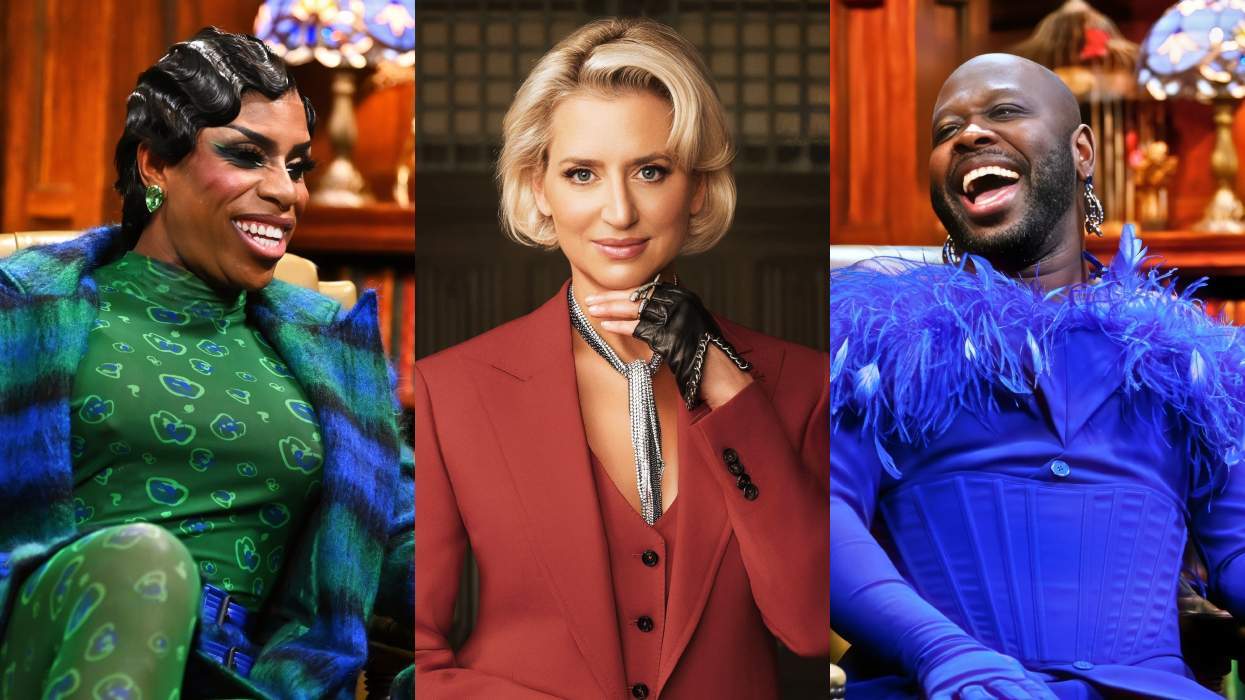







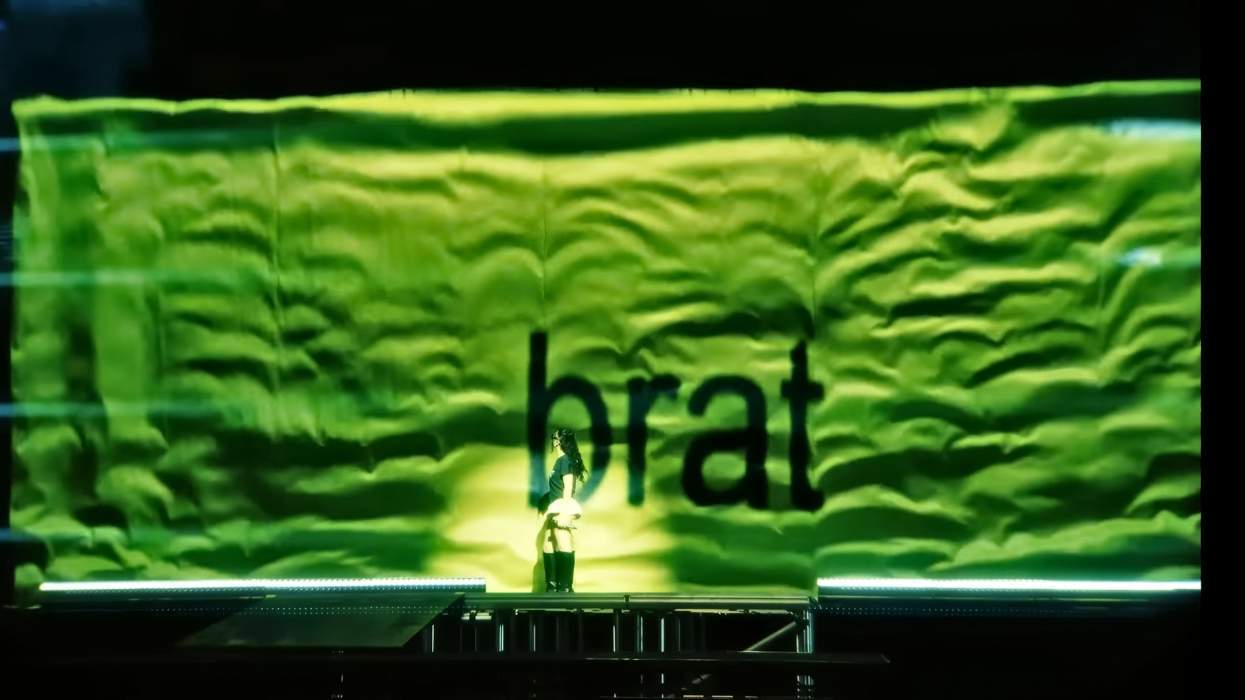
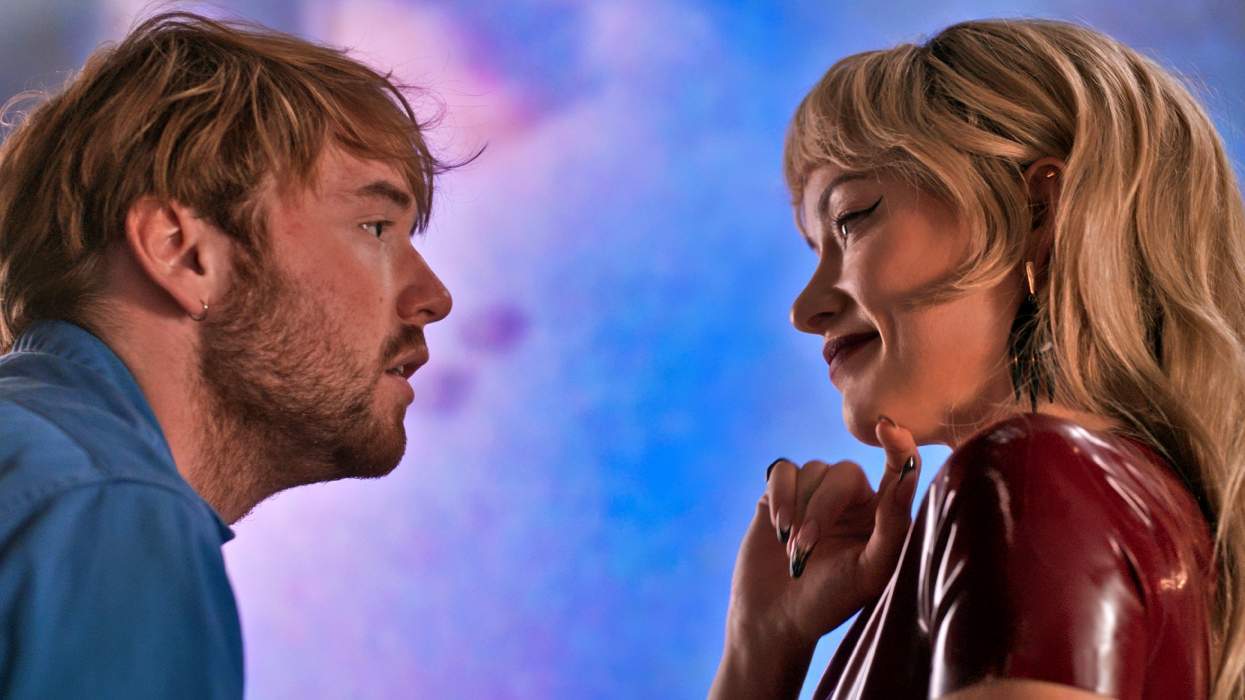



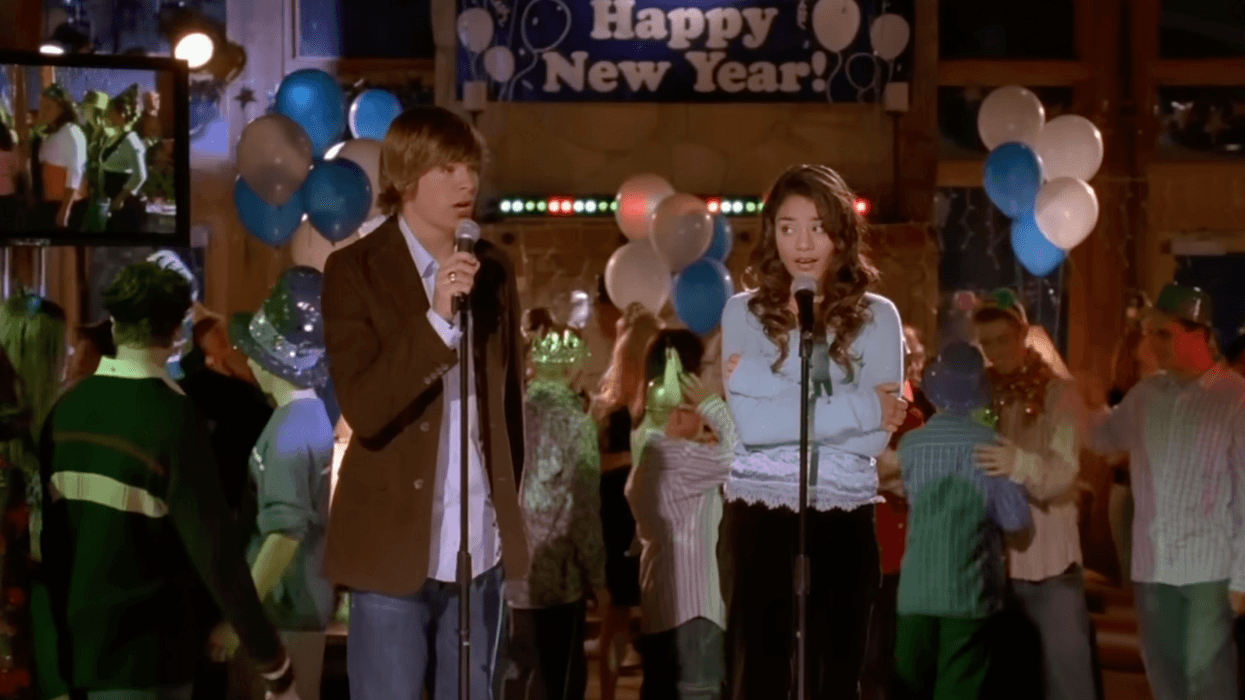
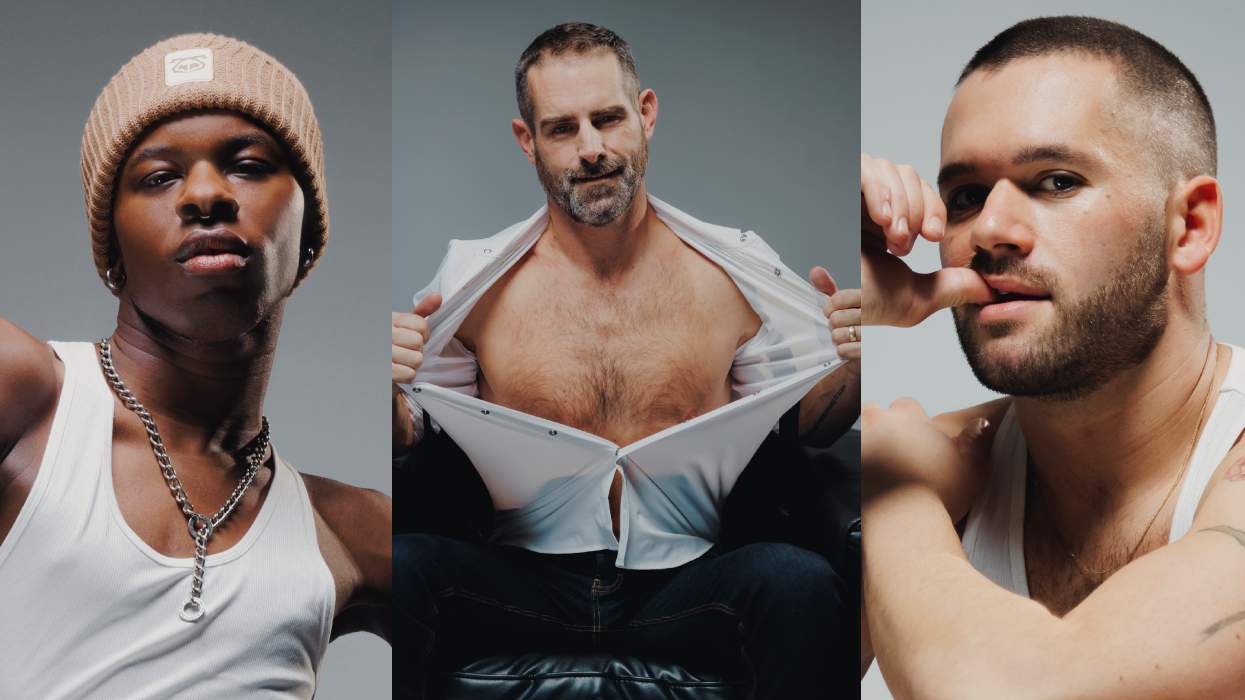
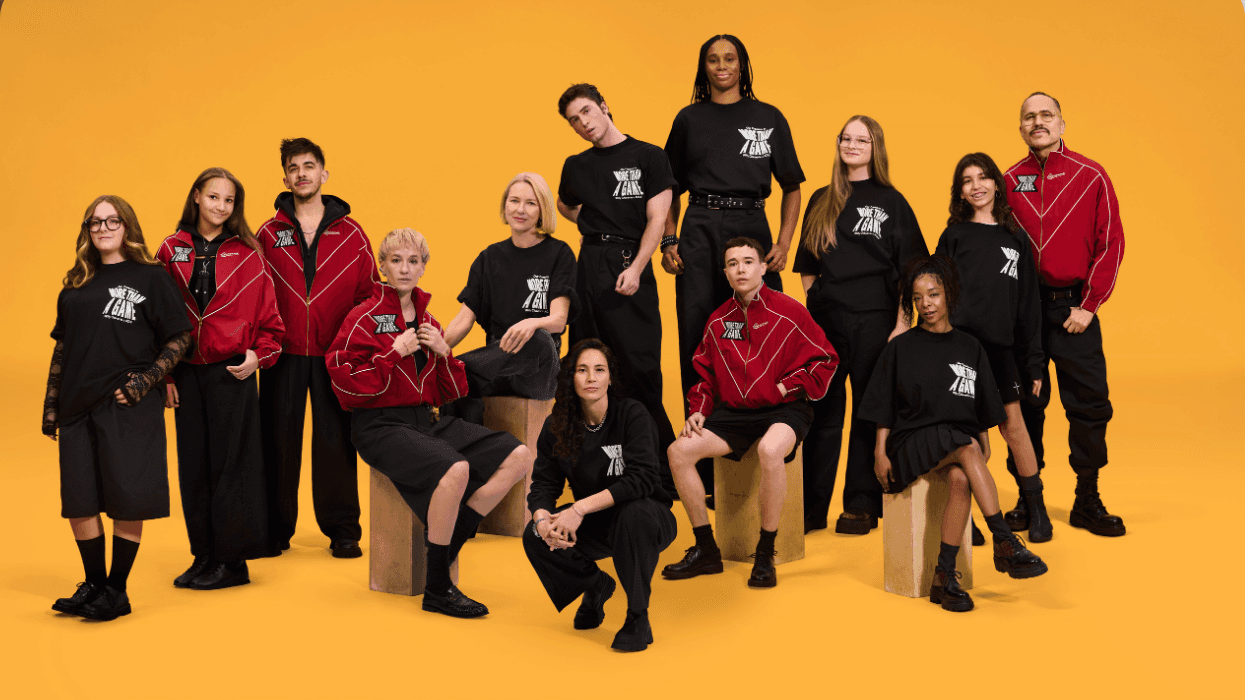
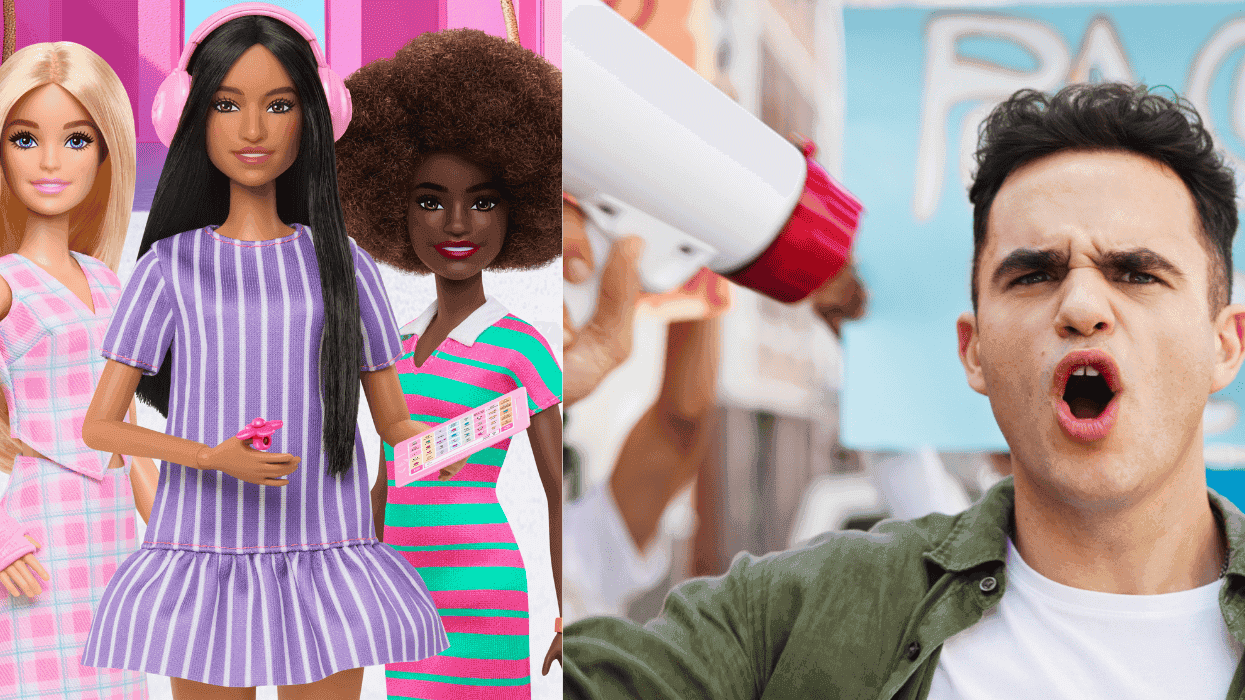

Jeffree Star slammed by Perez Hilton for ICE jokes
Jeffree Star at the 10 year anniversary celebration for Jeffree Star Cosmetics